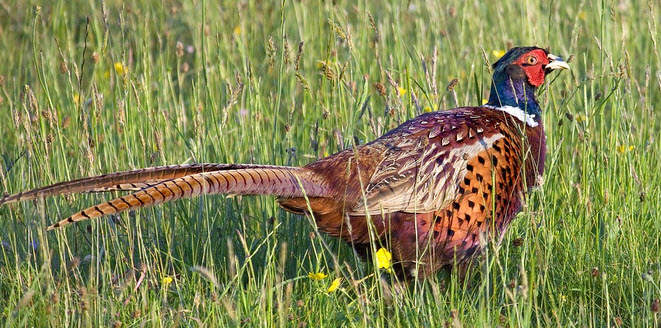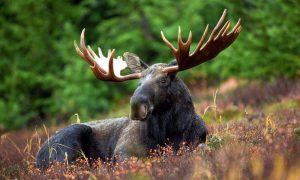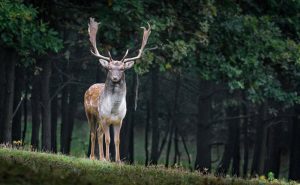
Bird Hunting
Bird hunting will vary greatly depending on the quarry that is involved. Different bird species live in completely different environments, which will greatly affect the way the hunt is performed. Pheasants will differ from ducks; likewise, shooting geese and snipe will differ from hunting wood pigeon. What you hunt will also depend on the time of year and where you are. For example, in Britain there are different seasons where different bird species can be hunted. It is also important to be aware of which birds are illegal to shoot before heading outside.
First step
The first step to any hunt is to have the correct gear and equipment. For many people, it is the gun that is important, but actually you are better off having a first hunt with no gun and simply observing the birds and the way they behave. Buying some camouflage clothing is, of course, a must for both this endeavour and the actual hunt later on. The type of camouflage clothing will, of course, vary with the terrain, with dead grassy areas requiring a lighter camouflage than a wooded area. For those hunting water birds, waders can be necessary as you might find yourself camped out in wet marshy areas or sitting out in the rain for hours on end. Those hunters who are primarily in wooded areas may be more protected from these conditions, but nevertheless, good footwear is essential. Thinking of the climate, it is also important to wear clothing that suits the outside environment. Layers can be essential, especially in winter months, but in warmer seasons it is also important to wear temperature appropriate clothing so as not to overheat. For a first hunt, it will also behove the hunter to go with someone who has experience. Scouting is a necessary part of any hunt, and it is best done with someone who has not only knowledge of the area, but also experience of the birds in question.
Get permission
Other areas to bear in mind are that once a hunting area has been found, it is important to gain permission. Many farmers will allow bird hunting on their land, but it is important to ask in advance, otherwise the hunt can be seen as poaching. Follow any rules that the landowner might have and leave the area in the same condition that you found it. Hunts don’t have to happen on private land though, and there are plenty of public hunting spaces, which can be leased from a wildlife officer. Once all of this has been accomplished, it is then time to think about the firearm. Different birds will require different weapons, with ducks usually being hunted with a 12-gauge shotgun. As you get more proficient, hunters often change up to a 20-gauge to make the hunt more of a challenge for themselves. Other birds such as pheasants require larger guns, often 12-bore shotguns, though this will depend on the distance at which the bird is being shot.


